We will stop it: Meet the women of northern Benin working to end female genital mutilation
Story
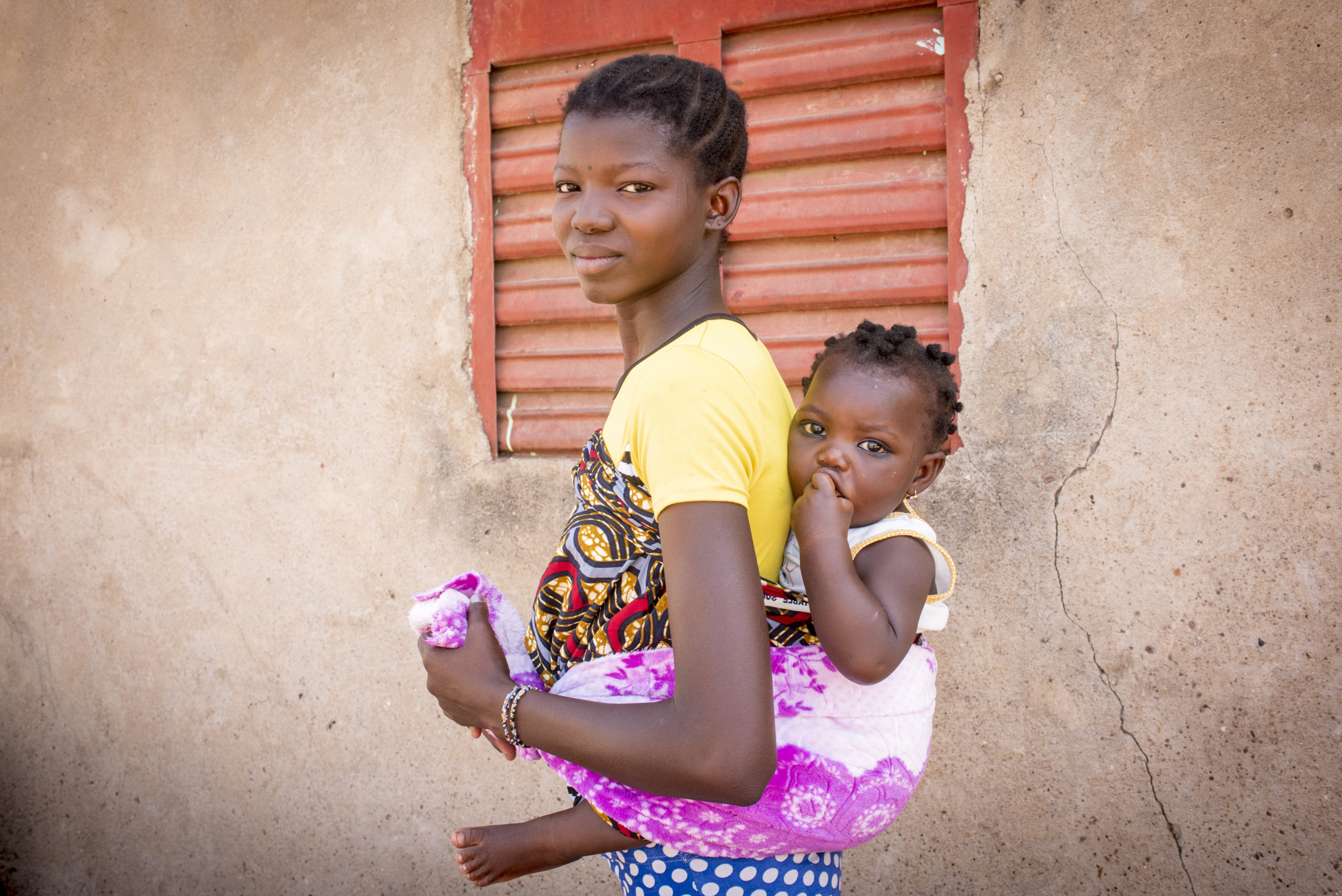
Agnès* remembers all too well the pain of her own experience. Sitting in the shade of a tree in her rural village, she is joined by three other women from the community.
They speak openly and frankly about female genital mutilation (FGM) and what happens before, during and after the procedure.
“We remember our own pains. We know what pain the children are going through,” says Agnès. “We cry because we feel their pain.”
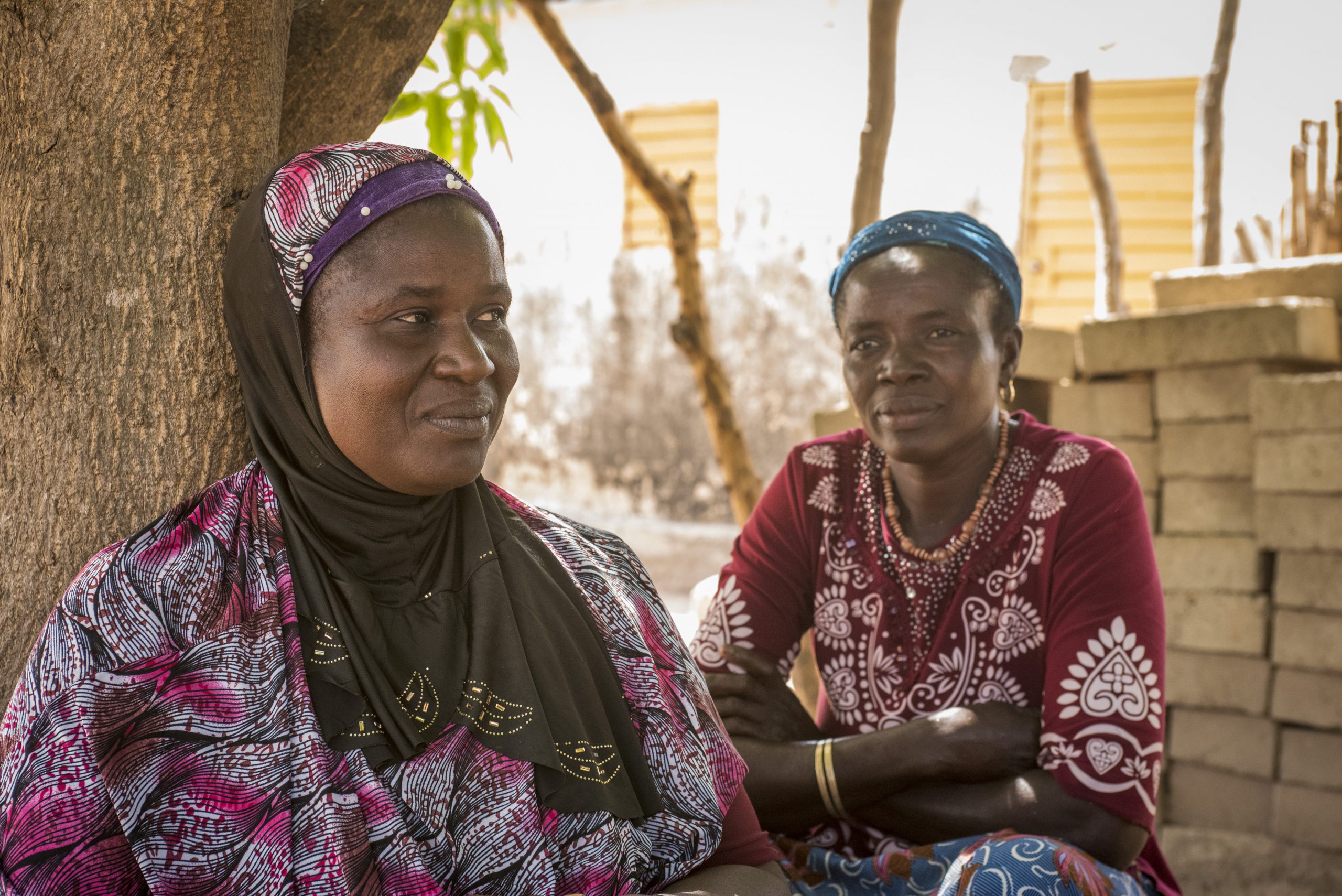
Editor’s note: We are withholding names and locations of the women in this story. Permission was received for all photos. Photos by Brian Atkinson
Every year more than three-million girls are at risk of genital mutilation. An extreme violation of a person’s human rights, the World Health Organization reports that more than 200-million girls and women around the world have undergone the practice.
There has been movement in Benin to advance women’s rights and eradicate FGM. The country adopted a law banning the practice in 2003 and the national rate now sits at 13 per cent. But in rural areas, cutting is still a strongly rooted social custom. In some communities, an estimated 70 per cent of women and girls have been subjected to this violation.
Agnès, president of the Women’s Association in her village, says things are changing. “Before, it was obligation. All the community daughters should be cut. But now, it is not.”
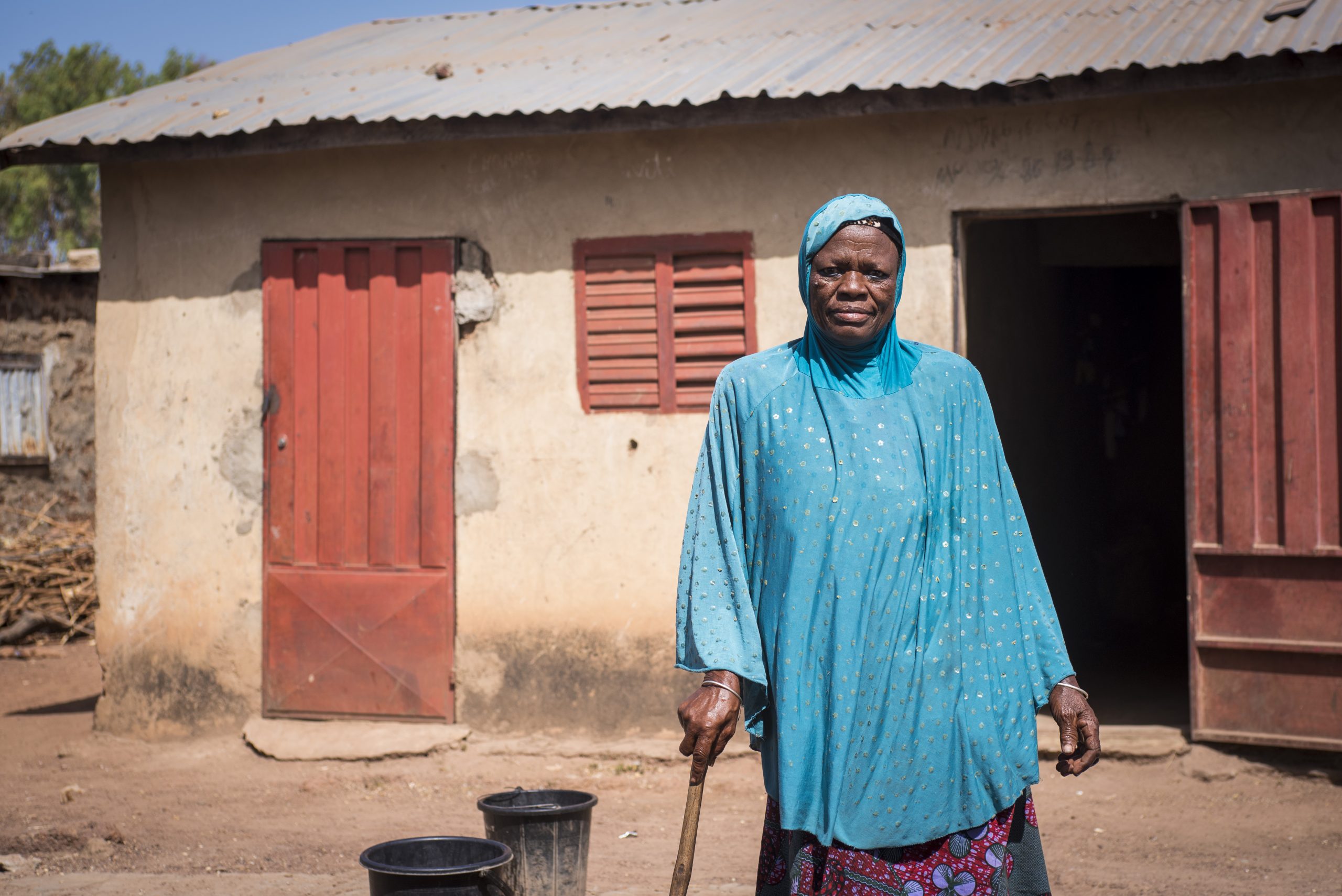
Entire communities are coming together to put an end to FGM.
Cuso International, with funding from Global Affairs Canada, launched a three-year project to support tens of thousands of young girls and survivors of sexual violence in northern Benin.
Focusing on community education, supporting young girls and survivors, and engaging men and boys in discussions on healthy and positive relationships, the project will ensure local actors have the resources and connections to deliver programs and become champions of sustainable change in their communities.
For Agnès, education is the key to stopping the practice once and for all. She’s already seeing the impact in her village as more girls attend and remain in school.
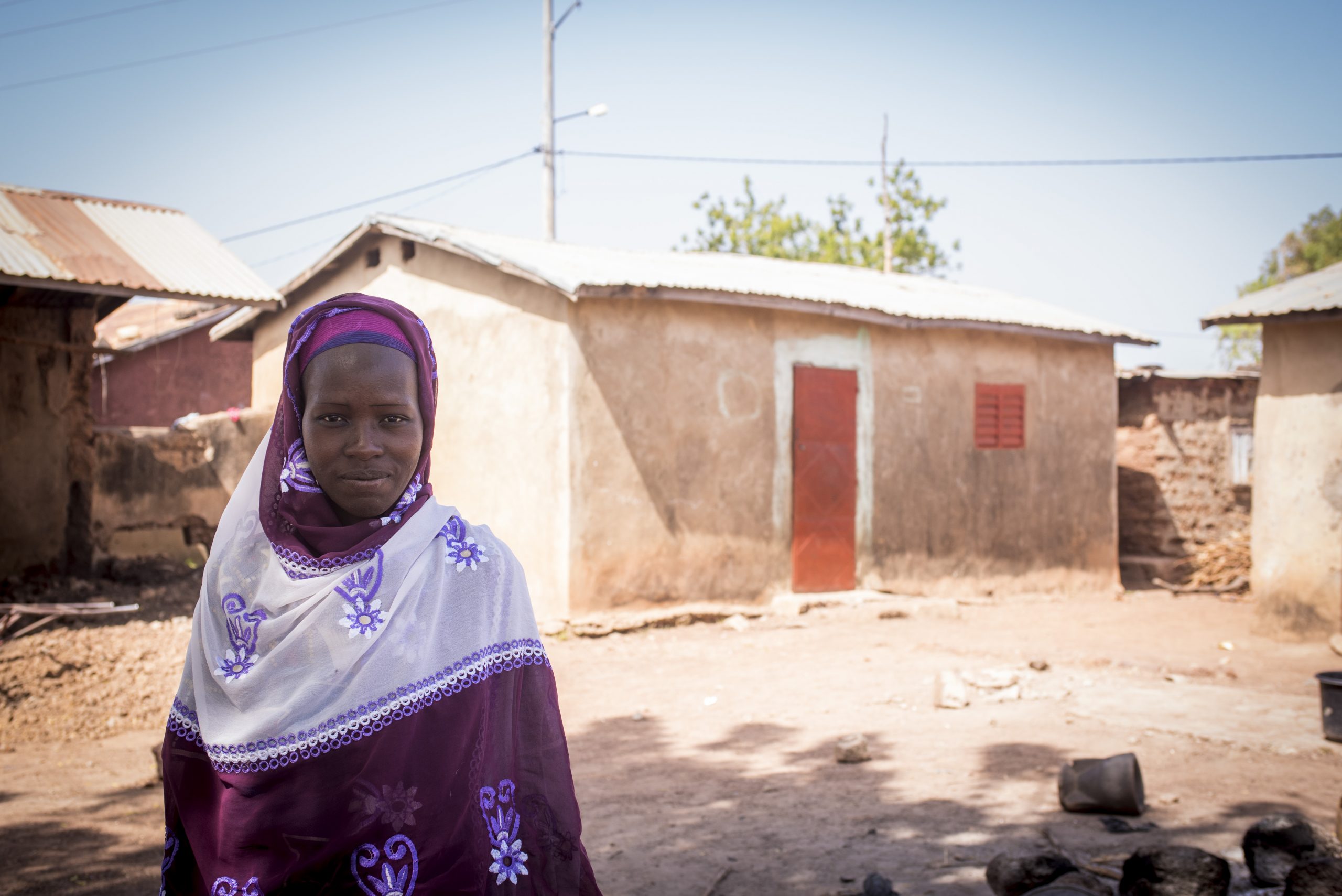
Opposition to female genital mutilation has grown as more girls attend and remain in school.
“When they go to school, they are taught that it’s not good,” says Agnès. “When they come back home, they say, ‘Please don’t do this to our younger sisters.’ The ones who are lucky to go to school stop the practice.”
FGM increases the likelihood of short- and long-term health risks. Uncontrollable bleeding, infection and excessive tearing during labour and delivery are just some of the dangers. And because it’s illegal, cutting often takes place in secret.
If there are complications, many families choose not to seek professional medical care for fear of reprisal. Rébéca, head midwife at a regional hospital, says girls and women who are cut are often tended to at home.
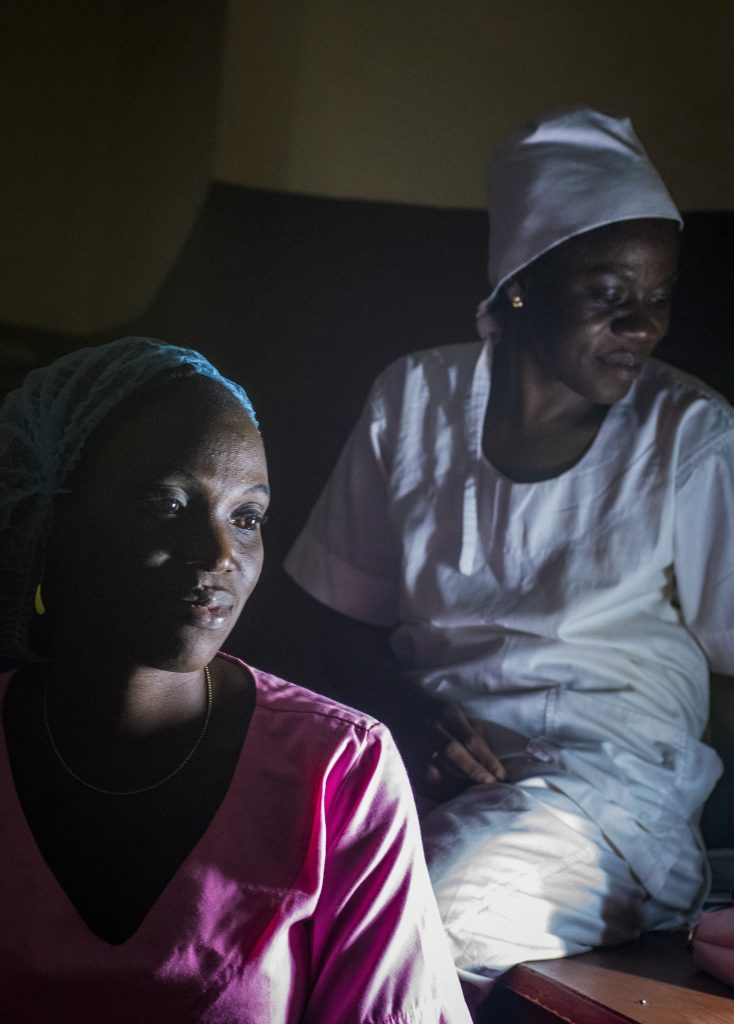
Rébéca Sacca, left, is head midwife at the Kandi Hospital in Benin. Lydie Bapognigde is head nurse.
“They don’t like to come to the hospital because they know that they will have a problem with the law. We won’t know if she died because of mutilation,” says Rébéca. “We take any occasion to talk with women when we do counselling about family planning. We talk about FGM, the consequences. The solution is not by force but to inform them and let them know the bad part of mutilation.”
Cuso is partnering with the Government of Benin, the United Nations Population Fund and local organizations on the project. Together, they are working with Agnès, Rébéca and other agents of change in target communities to build trust and lay the groundwork for success.
“The communities are strongly involved in the project,” says Ernestine Denami, Cuso’s Country Representative in Benin and program manager of the project. “The leaders will be empowered to combat FGM in their communities. They will develop action plans and will be accompanied by facilitators to improve the social environment in favour of FGM abandonment.”
In Agnès’ village, the sun has shifted and the shadows have grown longer. It’s been a long day of difficult conversations, but even so, the women are smiling. They want to see this practice come to an end. They want to be part of the solution.
“If we can help people to understand, they can stop,” says Agnès. “We are ready. We will stop it.”
*Name has been changed to protect identity.